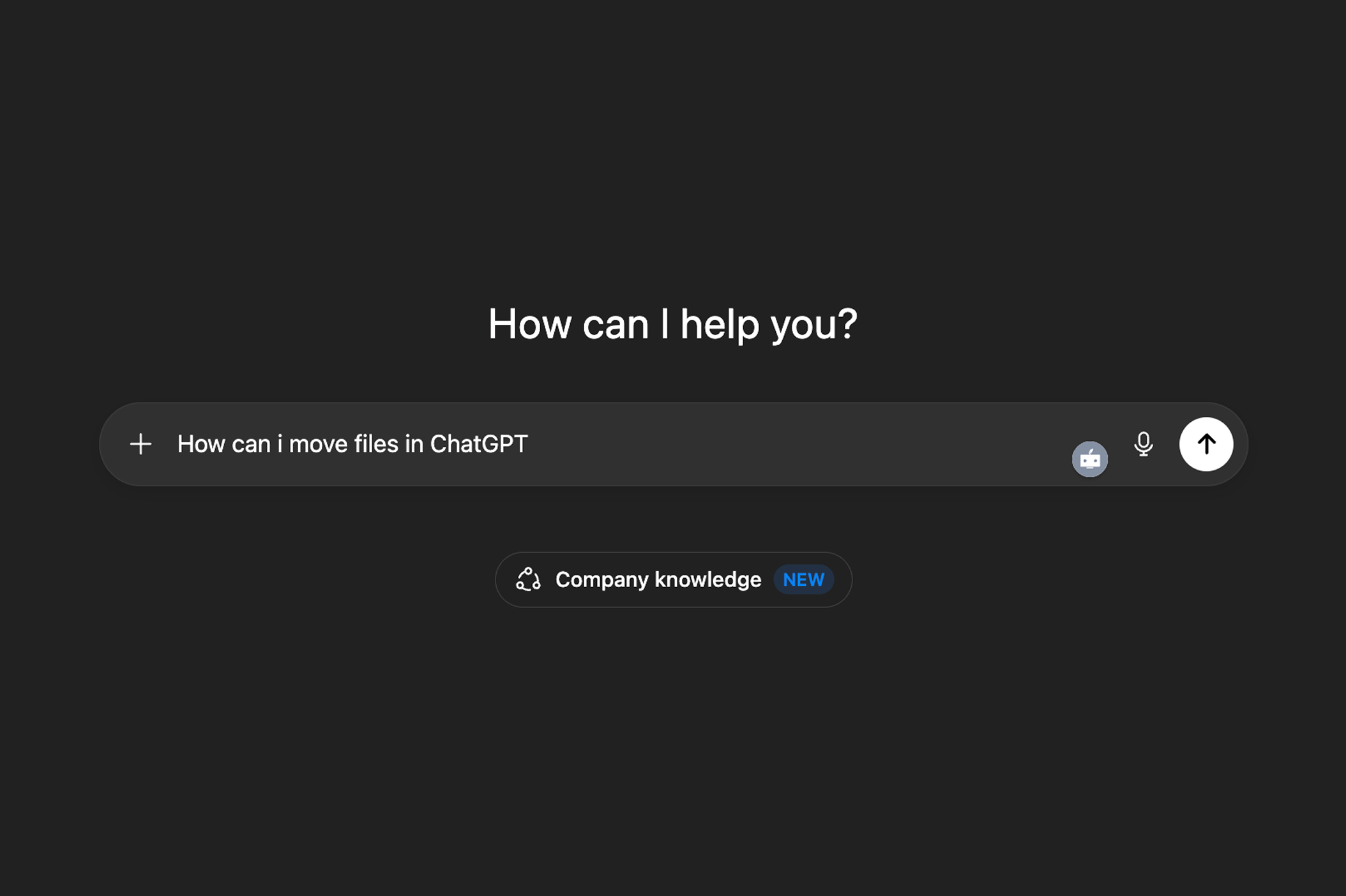AI-based identity resolution improves data accuracy, enhances personalization, and scales efficiently, helping businesses manage fragmented data seamlessly.
AI-based identity resolution improves data accuracy, enhances personalization, and scales efficiently, helping businesses manage fragmented data seamlessly.
•
April 15, 2025
•
Read time

As businesses handle increasing volumes of data from multiple sources, one persistent challenge is identity resolution—the process of recognizing that different records refer to the same entity. Whether it's merging customer data from various platforms or cleaning up duplicate records, identity resolution is crucial for accurate analytics, compliance, and overall business efficiency.
Traditional methods of identity resolution, often based on rigid, rule-based systems, struggle to cope with the sheer volume, complexity, and nuances of modern data. This is where AI-based identity resolution comes into play, offering businesses a more dynamic and accurate way to solve this long-standing issue.
1. Handling Complex, Ambiguous Data
Traditional rule-based methods often fall short when data is incomplete or inconsistently formatted. AI algorithms excel at processing unstructured and ambiguous data. By leveraging machine learning, AI systems can recognize patterns and relationships that are not easily captured by predefined rules. For example, AI can identify that "John D." and "Jonathan Doe" are likely the same individual based on contextual clues, even if the names and records don't exactly match.
2. Scalability and Speed
As businesses grow, so does the complexity of their data. AI-based systems scale effortlessly to handle massive datasets, processing data in real-time or near real-time. This reduces the lag in synchronizing customer data across multiple platforms and touchpoints.
3. Continuous Learning
One of AI's most significant advantages is its ability to learn and improve over time. As the system processes more data, it gets better at identifying duplicate records and resolving identities. This contrasts with traditional methods that rely on fixed rules, which need constant updating to handle new data complexities.
As AI continues to advance, identity resolution will become even more accurate and efficient. With advancements in Natural Language Processing (NLP) and Graph Databases, businesses can expect even deeper insights into their data, reducing the risks of duplicated or fragmented identities.
At Syntaxia, we specialize in applying advanced AI and data management techniques to solve complex data challenges like identity resolution. Whether you’re looking to clean up your customer databases or optimize internal systems, our team can help you implement AI-based solutions that streamline processes and ensure data accuracy.

The shift from manual audits to reflexive architecture. How to build systems that monitor and correct their own compliance policies.

Plus the one that actually works for production.

Why understanding an algorithm’s logic is becoming the central duty of modern leadership